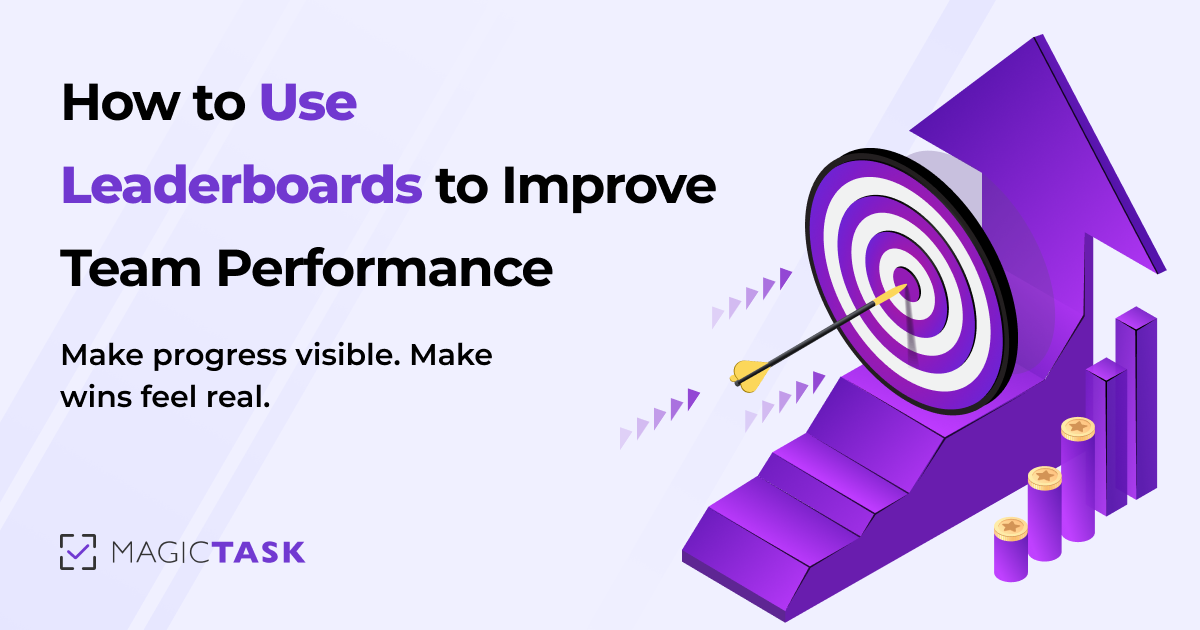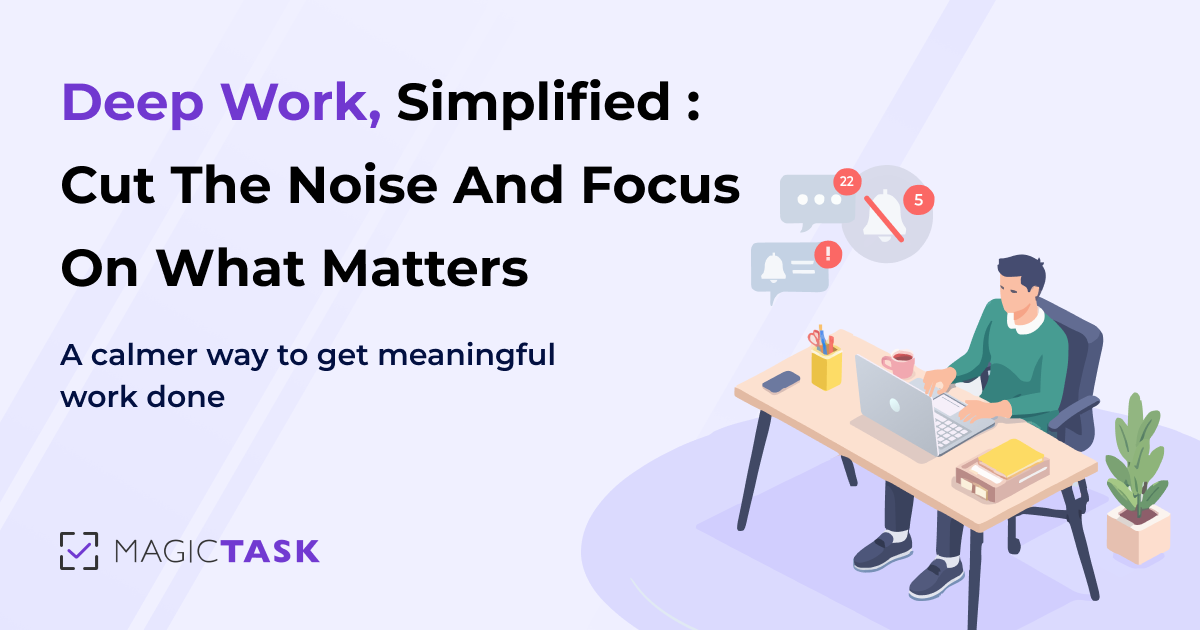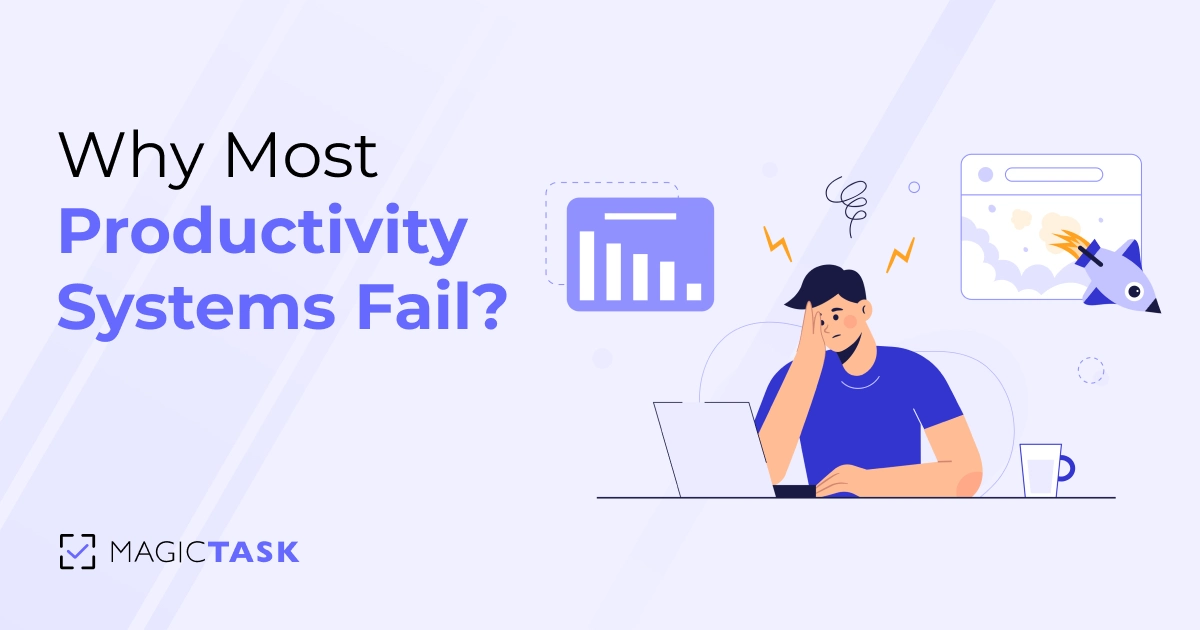What We Can Learn from Video Games to Enhance Team Collaboration and Productivity
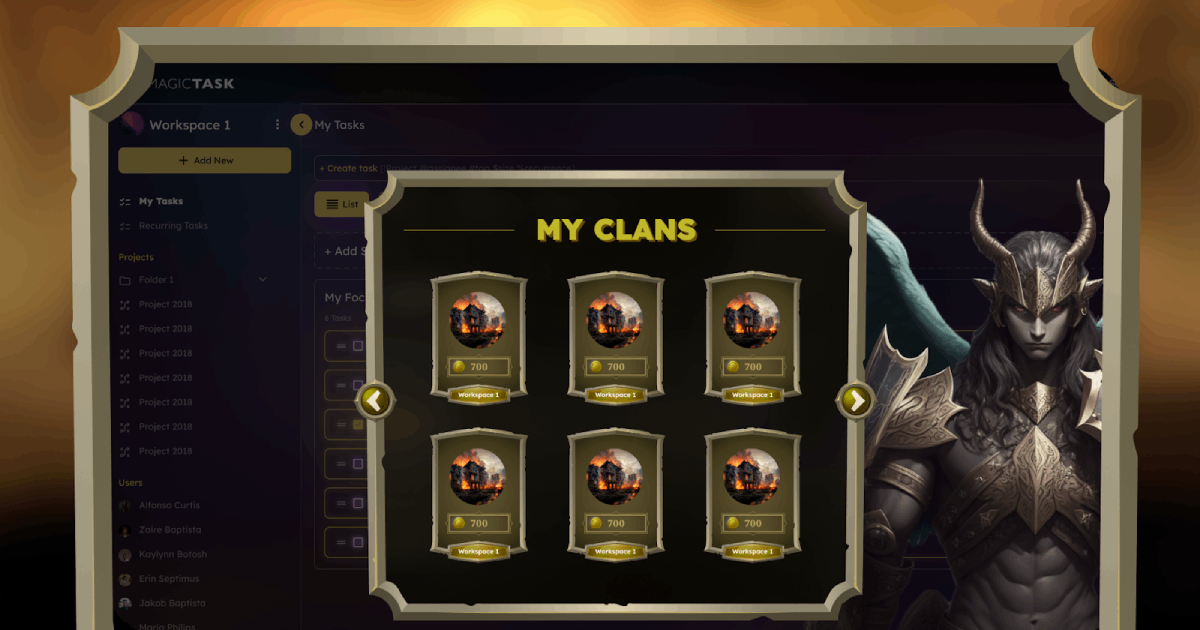
In today's fast-paced digital landscape, video games are no longer just a form of entertainment; they've evolved into powerful tools for personal growth and skill development. Think about it: when you're immersed in a game, you're not just passively consuming content – you're actively strategizing, problem-solving, and collaborating with others. These are the same skills that are highly sought after in the real world, particularly in professional settings where productivity and teamwork reign supreme.
But here's the kicker: the lessons we glean from gaming aren't confined to the virtual realm. They seamlessly translate into our everyday lives, offering valuable insights into how we approach tasks, interact with colleagues, and navigate complex challenges. In a world where success hinges on our ability to collaborate effectively, harnessing the power of video games isn't just a game changer – it's a roadmap to unlocking our full potential.
Join me as we delve deeper into the world of gaming and discover how it's reshaping our understanding of productivity and teamwork, paving the way for success in an increasingly interconnected world. Whether you're a seasoned gamer or someone curious about the potential of this medium, prepare to be amazed by the transformative power of gaming beyond the screen.
Clear Role Distribution
The ability to clearly define roles within a team is often critical to the success of multiplayer online games. This notion parallels the need for individuals to have clearly defined roles in the workplace. In video games, each player may adopt a specialized role that is necessary for the team to win, such as the damage dealer, healer, or tank. Players can concentrate on developing particular skills thanks to this specialization, which makes the team more productive and successful.
Analogously, in work environments, defined roles guarantee that work is performed by the most qualified individuals, increasing efficiency and decreasing duplication. Teams can function more efficiently and effectively when members recognize and embrace the value of specialized positions.
Strategic Planning
Players of video games, especially those in the strategy genre, have to be strategic, plan their moves carefully, and weigh the long-term effects of their decisions. In the workplace, where strategic planning can be the difference between success and failure, this forward-thinking attitude is vital.
Teams who embrace this mentality are better able to foresee potential roadblocks, create detailed strategies to accomplish their objectives, and have the flexibility to adjust to unforeseen changes. Strategic planning ensures that teams are always one step ahead of difficulties by encouraging a proactive rather than reactive attitude.
Effective Communication
Effective communication is essential for success in both the workplace and in video games. In cooperative video games, players have to stay in continual communication to plan their moves, warn one another of potential threats, and report on their success. In the workplace, where miscommunication can result in mistakes, inefficiency, and conflict, this degree of communication is essential. Teams may guarantee that all members are in line with the goals of the group by creating an atmosphere that values candid, understandable, and efficient communication. This will boost teamwork and output.
Adaptability
Gamers are frequently faced with unforeseen obstacles in video games, which need fast thinking and flexibility to overcome. This is similar to how the modern workplace is dynamic and always changing, requiring teams to be nimble to be productive. Teams that value adaptability are better able to minimize disruptions and continue forward motion by quickly adapting to changes in the project's scope, deadlines, or team dynamics. In addition to providing consistency in the face of change, this resilience enables teams to take advantage of fresh possibilities as they present themselves.
Problem-Solving Skills
In puzzle and adventure games, problem-solving is not just about coming up with a solution; it's also about taking the path of experimentation, analysis, and imagination to get there. To get through challenging situations in these games, players must use critical thinking, pattern detection, and creative problem-solving.
These kinds of mental acrobatics serve a purpose beyond amusement; they train people to solve problems in the real world, where there are rarely simple answers to problems. In the workplace, a problem-solving mentality pushes groups to see obstacles as chances for creativity and advancement rather than as impediments. It encourages a curious culture that values challenging the status quo and considering alternative alternatives.
In today's fast-paced commercial contexts, where challenges are complicated and multifaceted, this approach is essential. Organizations may generate innovative and forward-thinking solutions that push the envelope of what is feasible by cultivating a culture that values creative problem-solving.
This will increase productivity and promote a culture of innovation and continual development. Encouraging teams to use the iterative, resilient, and creative problem-solving approach of gamers may turn obstacles into chances for improvement.
Goal Setting
A key component that propels the story and gameplay of video games is the act of goal-setting and pursuit. Players are given a clear goal right away, whether it be saving a character, taking down the last boss, or developing a civilization. The game experience is compelling and purposeful because of this clarity and direction. Applying this to the workplace, goal-setting skill becomes an essential tactic for team achievement. Teams use clear, well-defined goals as a road map, directing their efforts and concentrating their energies on reaching particular objectives.
Through this approach, the overarching objectives become more manageable and less intimidating by being broken down into achievable tasks in addition to being set. Setting goals for a team also promotes cooperation and togetherness since everyone is working towards the same objective. It keeps everyone on the team motivated and focused by acting as a continual reminder of the goals the group is working towards. It is possible to greatly enhance morale and promote a sense of accomplishment and achievement by routinely revisiting these goals and celebrating milestones along the way. This will drive productivity and cultivate a pleasant team dynamic.
Learning from Failure
Every setback in video games serves as a springboard for success, providing insightful and instructive knowledge that shapes subsequent tactics. Gamers pick up skills including self-analysis, strategy modification, and perseverance until they conquer obstacles. In work environments, where risk-taking and creativity can be stifled by fear of failure, this iterative process of learning and adjusting is essential. Teams can learn to view failure as an essential component of learning rather than as a setback by adopting a gaming attitude.
This viewpoint promotes experimentation, which enables the testing and improvement of novel concepts, resulting in ground-breaking discoveries and solutions. Building a culture that sees setbacks as chances for improvement encourages adaptability and a forward-thinking outlook. It enables team members to step outside of their comfort zones, investigate novel ideas, and ultimately support an environment that values adaptation and constant progress. This mentality change has the power to completely change how teams approach problems, transforming possible setbacks into insightful teaching moments that foster both professional and personal development.
Reward Systems
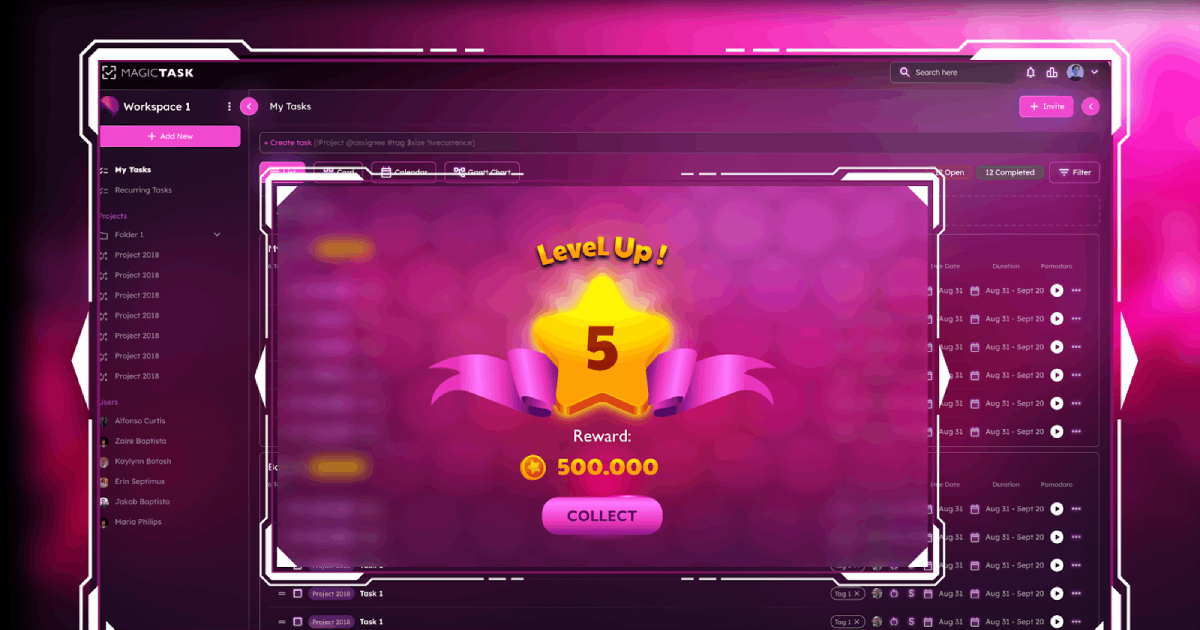
In the realm of video games, prizes are a potent motivator that pushes players to finish difficult objectives, advance to new levels, and raise their scores. These incentives, which might take the kind of points, unlocked locations, or new skills, verify the player's efforts and accomplishments and give them a sense of satisfaction and success. A comparable system of rewards can greatly improve team morale and motivation in the workplace. No matter how big or small, recognizing and applauding accomplishments promotes positive behavior and keeps people working hard and participating.
Verbal praise during team meetings is one type of reward; other options include more material advantages like bonuses, promotions, or chances for professional growth. A motivated, involved, and productive team atmosphere can be created by putting in place a systematic reward system that is in line with both individual and team objectives. Recognizing the efforts and accomplishments of team members promotes a culture of gratitude and acknowledgment that encourages people to reach and surpass their performance goals.
Continuous Feedback
One of the main features of video games is continuous feedback, which lets players change their plans in real-time by giving them quick answers to their actions. This feedback loop gives players insights into what works, what doesn't, and how they may improve their gameplay, which is essential for learning and growth. Teams that implement this idea of ongoing feedback might see notable increases in output and performance. Frequent, constructive criticism promotes an environment of transparency, trust, and support by assisting people in understanding their areas of strength and growth.
It makes it possible for team members to make swift adjustments to their strategy, coordinate their efforts with team goals, and continuously improve their abilities. Continuous feedback also promotes candid discussion and communication among team members, guaranteeing that everyone is on the same page and productively pursuing shared objectives. Organizations can foster a dynamic and encouraging atmosphere that promotes learning, progress, and excellence by implementing a continuous, real-time feedback mechanism.
Team Synergy
In video games, the idea of synergy where a team's total output exceeds the sum of its members' contributions; is eloquently illustrated. Characters with special talents must cooperate to accomplish shared goals, emphasizing the need to utilize a variety of strengths and viewpoints.
This idea is just as relevant in the workplace, where encouraging a team atmosphere that recognizes each individual's contribution can improve creativity, productivity, and problem-solving skills. Comprehending and fostering team synergy guarantees that the group's combined endeavors are maximized for the most favorable results.
Persistence
Gamers acquire the concept of perseverance from video games by repeatedly taking on new difficulties and growing with each try. For any team, this unwavering pursuit of goals in the face of difficulties is an invaluable lesson. A team that fosters persistence among its members is more likely to stick with its objectives in the face of obstacles or disappointments. This motivation can result in inventions and discoveries that would not be feasible without a steadfast effort. Additionally, it fosters the development of a resilient team that can overcome any challenge to accomplish its goals.
Leadership and Followership
Players can take turns being the leader or the follower in a lot of multiplayer games. This dynamic can impart important knowledge regarding the role that good leadership plays in setting direction and preserving team cohesiveness, as well as the value of followership in fostering positive team dynamics and goals.
Knowing when to take the lead and when to offer support is essential in professional settings to keep a cohesive and productive team. Because of this duality, teams can adjust to different circumstances by having members step up or back down as necessary to get the greatest result.
Time Management
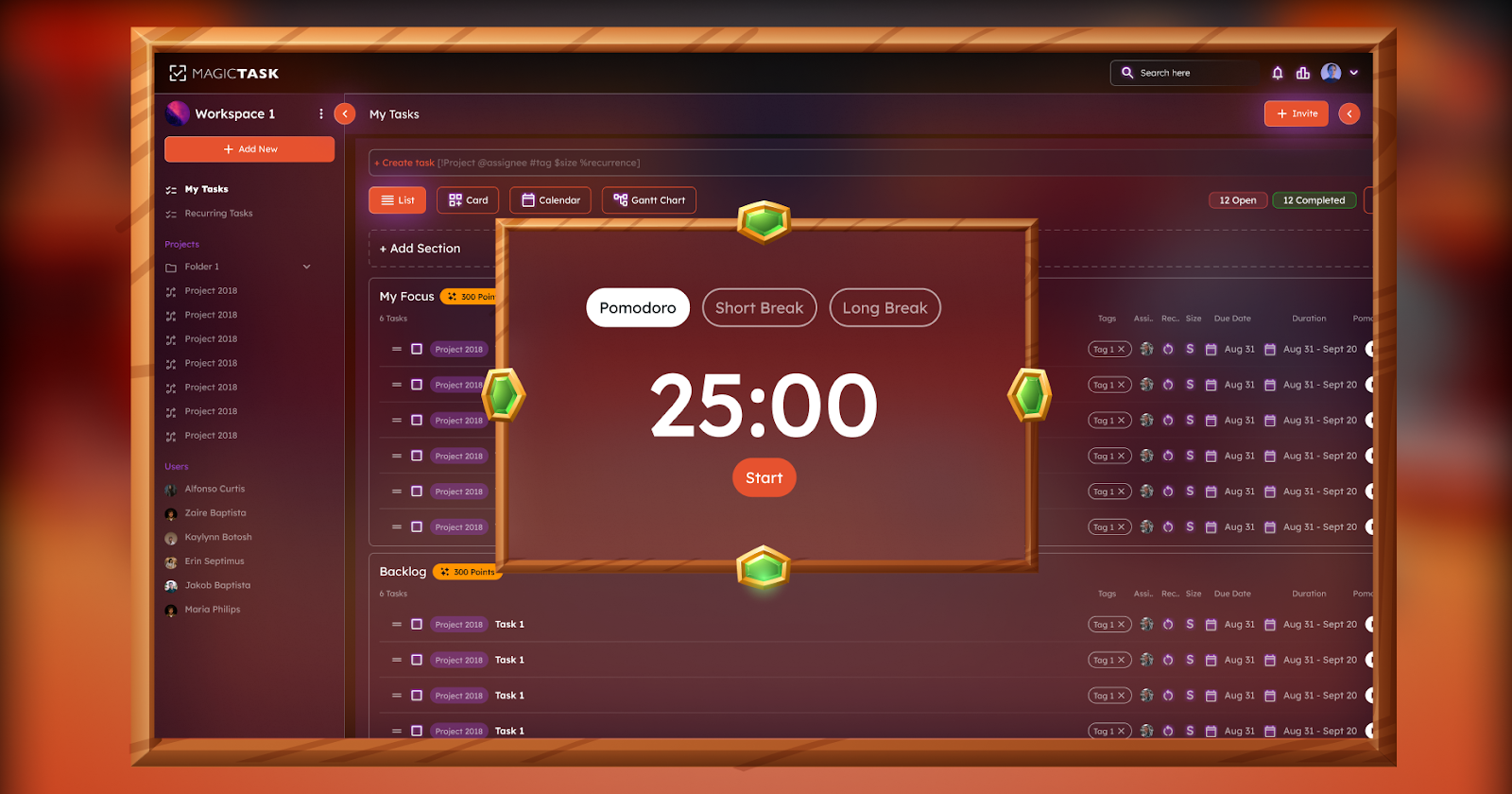
In many video games, players must frequently manage limited resources over time or accomplish tasks within time limits, making efficient time management a crucial ability. This ability is immediately applicable in the workplace, where managing workloads, setting priorities, and meeting deadlines all depend on efficient time management.
Teams with strong time management skills may increase output, lower stress levels, and guarantee that tasks are carried out successfully and efficiently. Teams can improve productivity and output by implementing time management techniques from the gaming industry.
Conflict Resolution
Both professional settings and video games inevitably involve conflicts. Whether it's choosing a plan of action or allocating resources, players in video games frequently have to compromise and settle disputes for the good of the group. These encounters can teach people important conflict resolution skills, such as how to listen, compromise, and come up with solutions that work for the team as a whole. Using these abilities at work might result in a more peaceful team atmosphere where disagreements are settled amicably and cooperation is enhanced.
Celebrating Diversity
Video game characters and environments that are varied serve as a powerful reminder of the power that arises from accepting people with different abilities, backgrounds, and viewpoints. Because of their diversity, teams are more creative and flexible, able to tackle problems from various perspectives and come up with better answers.
Teams in professional settings can function more creatively, dynamically, and successfully when a culture that embraces diversity is fostered. Organizations may reach their maximum potential and produce better outcomes by appreciating and utilizing the distinctive contributions made by each team member.
Conclusion
Video games may teach us a lot about productivity and teamwork because of their intricate storylines and challenging gameplay. Through the extraction and application of these concepts in the professional setting, teams can improve their overall performance, effectiveness, and dynamics. Video games teach us a variety of valuable and varied lessons, such as the significance of clear role distribution and strategic planning, as well as the value of tenacity, diversity, and successful dispute resolution.

